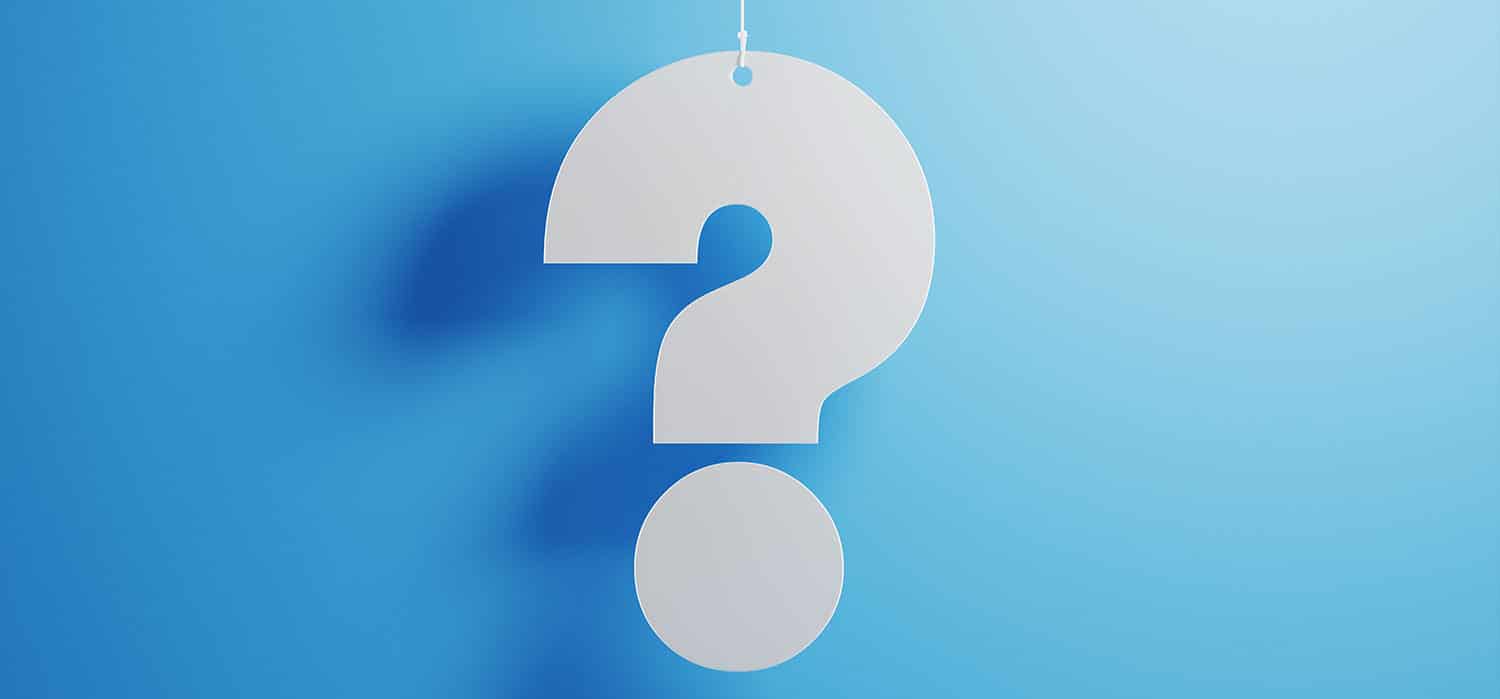You probably already know that good dental hygiene is important to healthy teeth and an appealing smile. Chances are good that you also know that flossing your teeth is an essential part of practicing good dental hygiene, but do you floss before or after brushing your teeth? Do you know which is better? The answer might surprise you.
Tooth decay and gum disease can start when food particles, saliva and bacteria combine to form a sticky film, known as plaque. Left on the surface of teeth and gums, plaque can harden into tartar and get under your gum line, where the bacteria in plaque damage tooth enamel and cause gum disease. Brushing your teeth twice a day and flossing once daily removes plaque before it turns into tartar to keep your teeth and gums healthy. In addition to fighting gum disease and preventing cavities, proper brushing and flossing keeps your teeth white.
Flossing provides special benefits to your oral health. Dental floss cleans deeper than a toothbrush, and releases food particles from hard-to-reach places in your mouth. Flossing lifts and removes plaque from the gum line and from between teeth, where bacteria in plaque seem to thrive.
Using fluoride toothpaste can improve the results of your daily oral hygiene routine. Fluoride strengthens tooth enamel to reduce your risk of cavities. Tooth enamel absorbs fluoride; once inside the enamel, fluoride replenishes the calcium and phosphorous that keeps your enamel hard. Swishing with mouthwash can rinse away food particles and bacteria; using fluoride mouthwash can provide an extra dose of fluoride.
While flossing is important, many people skip it or do it improperly. In fact, only 16 percent of people responding to a recent survey said they flossed once a day, and 20 percent said they only floss when they had something stuck in their teeth. A large percentage of the respondents admitted to using fingernails, folded paper or cards, cutlery, and even strands of hair or safety pins instead of dental floss.
In order to gain all the benefits from brushing, flossing, and other steps of your daily oral hygiene routine, though, you have to do them in the right order.
So, Should You Floss Before or After Brushing Your Teeth?
To optimize the benefits of your dental hygiene routine, start by flossing your teeth.
When you floss first, you pull food debris, saliva and bacteria from the gum line and from in between teeth, where you can easily brush it away with your toothbrush. Flossing second allows the particles to remain on your teeth and gums until the next time you brush – when gives plaque enough time to turn into stubborn and harmful tartar.
Furthermore, the fluoride in toothpaste works better after you have removed plaque. Plaque can prevent the tooth enamel from readily absorbing the fluoride in toothpaste, so removing this sticky film prior to brushing can help teeth absorb more enamel-strengthening fluoride.
Pro tip: Don’t rinse or eat after brushing
Resist the urge to rinse your mouth after flossing and brushing, as rinsing will wash away the fluoride in your toothpaste. If you like using mouthwash for fresh breath, wait a couple of hours after brushing before you rinse.
Avoid food and beverages for at least 30 minutes after brushing too, as eating introduces food particles and stimulates the production of saliva. Liquids rinse away fluoride. Eating or drinking foods and beverages also introduces sugars into the mouth, where cavity-causing bacteria feast upon the sugar and turn into plaque.
Performing a dental hygiene routine is important to healthy teeth and gums, but it is also important to do each step in the right order. For more information about improving your dental hygiene routine, speak with your dentist or dental hygienist. Proper oral care can keep your teeth and gums healthy, and provide a lifetime of great smiles.
Triangle Dentistry, located in Raleigh, NC, provides a state-of-the-art facility that offers exceptional general dental and specialty services guided by empathy of a patient’s needs and desires. Services range from dental crowns to veneers and whitening procedures. For further information, questions, or to schedule an appointment, contact the office at (919) 747-3608.
